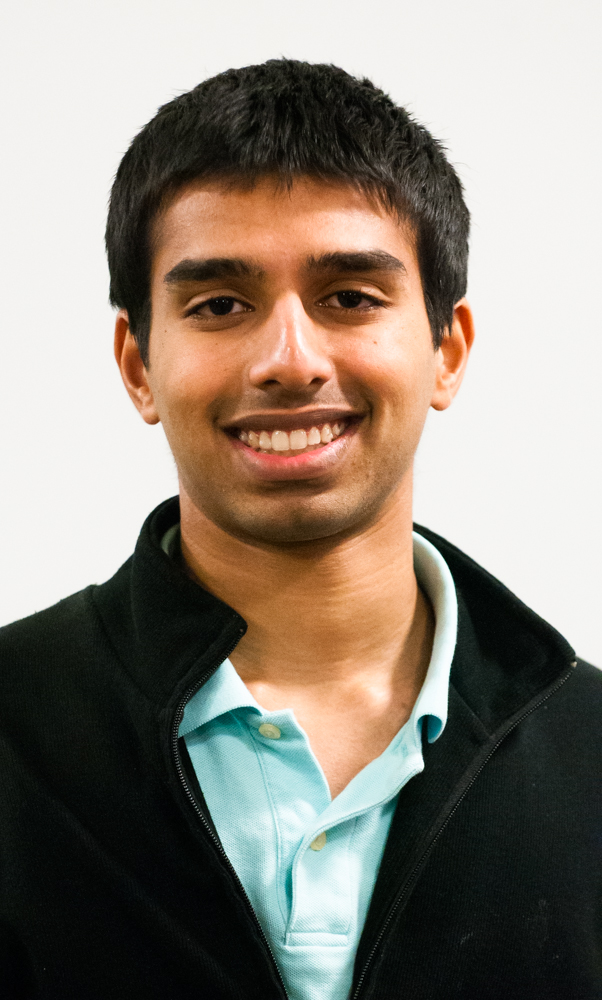It’s no secret that the Stanford Duck Syndrome is alive and well. Students maintain a carefree and relaxed appearance while furiously paddling beneath the surface to stay afloat, often to their detriment. Many different residential and health initiatives have tried to address this issue over the years, but the question still persists: How can we combat this Duck Syndrome and build a stronger, more open community on campus?
I think the answer has something to do with grilled cheese sandwiches.
As highlighted in the Daily article “Google employee delivers free grilled cheese to dorms” from about three weeks ago, Michael Rennaker and his GC Grillaz operation have really started something. By bringing warm, cheesy goodness to select dorms on campus every Thursday evening — free of charge and all in the name of “spreading love and happiness” — Rennaker has achieved some uplifting results. Many stressed-out students have noted their appreciation for Rennaker’s acts of good will, and sandwiches have, in some cases, helped build stronger dorm communities by bringing students together.
And this is precisely how grilled cheese sandwiches and, more generally, the effort to reach out can be a part of combating the sense of isolation among students. Duck Syndrome thrives off of an isolated viewpoint where people feel that all eyes are on them. Constantly on center stage, they must act accordingly to uphold the perceived image of what a Stanford student should look like. At times, I’ve been as guilty of this as anyone.
That’s why I think that the best way to combat Duck Syndrome — the best way to fight that sense of alienation and tear down any false perceptions — is to celebrate acts of selflessness and generosity that seek to build tighter communities and lift people who are struggling.
But it’s not enough just to celebrate these charitable efforts. To slay the beast (if a duck can be considered a beast), we must act ourselves.
In an Oct. 19 article in the New York Times, Kate Murphy discusses the recent national sensation of “paying it forward,” where customers at drive-thrus pay for the meal of the patrons behind them. In many cases, the chain of good will continues as recipients go on and pay it forward themselves.
Charity is ultimately a communal act, a recognition that we are all in this together and that everybody has their neighbor’s back. In the midst of ongoing economic troubles, Murphy notes that the act of not just initiating an act of kindness, but seeing that generosity propagate, can lift the spirits of entire communities.
This willingness to reach out — not to simply feel gracious and bond over grilled cheese, but to share this positive energy with others — is what we need to right this pressure to bury feelings of stress in the hopes of “fitting in.” By reaching out and creating a strong community, maybe Stanford can become a place where students support each other even more.
I agree that it won’t be easy. For all my lofty talk, I found it really difficult to motivate myself to sit down and write a handful of thank-you notes for friends and family members that I should have reached out to long ago. But in the process of trying, we may create a genuine environment where students do not feel the need to operate under false pretenses and can really lean on each other in difficult times. Most of the learning in college happens outside the classroom, and we can do so much more to engage and learn from one another. Above all, we need a place where asking for help becomes the norm.
“All the world’s a stage, / And all the men and women merely players,” Shakespeare famously wrote. On the stage that is Stanford University, as well as in the broader world, we need to do our part to make sure that no one feels alienated and out of place. While not everyone desires to be a part of a larger community, we should still share our love and remember that no one is the star of the play. There are too many great people for that to happen. We can and should all relax and get along.
Our script is constantly being rewritten, and we can all do our part — from grilled cheese sandwiches and beyond — to remember those moments where we are touched and seek to spread the kindness to someone else. Such a change in culture won’t be easy, but it is the process that will make the difference.
To paraphrase the Stanford football program, we must take the ducks into deep water, and the first step just might be a soul-warming grilled cheese.
Vihan Lakshman would like to have free food in Castano Dorm more often. Contribute to the Manzanita Grilled Cheese Perpetuation Fund at [email protected].
